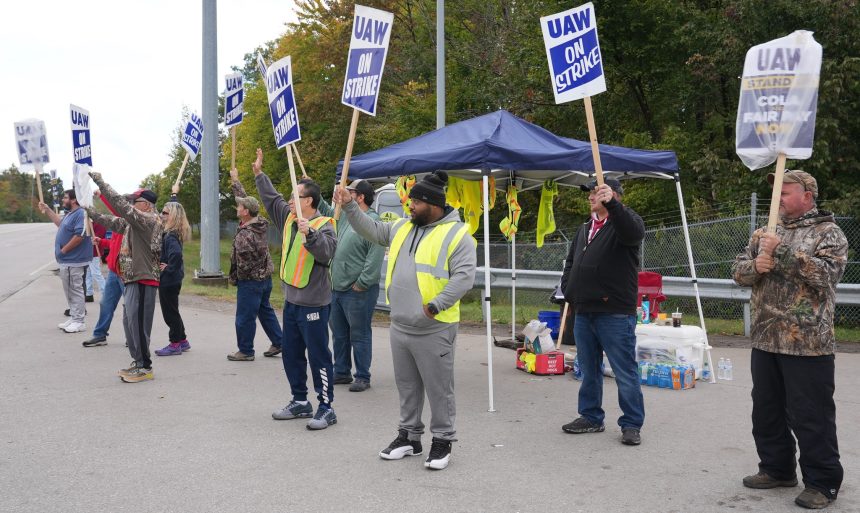It’s been over a month since auto strikers nationwide went on strike, and Mississippi car part manufacturers are starting to feel the effects.
The United Auto Workers Union (UAW) started striking against General Motors, Ford Motor Company, and Stellantis — or “The Big Three” — on September 15 after the union was unable to come to an agreement with the three companies.

Workers are demanding a four-day work week totaling 32 hours, an immediate 20 percent raise, and the reversal of prior concessions created during the financial recession in 2008. To stress their demands, thousands of UAW members and auto workers in 20 states have banded together to form the first trilateral strike against the automakers in the union’s history.
President and CEO of the Mississippi Manufacturers Association, John McKay, said that several auto manufacturers in the state are starting to lose orders as the level of production from major carmakers steadily decreases.
“We have a company here that makes wire harnesses. They’re a big operation and they supply the big three as well as others,” McKay said on MidDays with Gerard Gibert. “We have a company that does plastic components, really hard plastic that goes typically in dashboards and under the hood-type components, but they make that for all auto manufacturers. When those types of companies start seeing a slowdown in orders, it really could have a trickle-down effect.”
McKay explained that one of his primary concerns involves the UAW’s demand for improved worker protections as electric vehicle (EV) production rises throughout the nation.
“As you’ve seen in some of the big three companies located in the south, one of the demands is that those new shops have to be unionized by the UAW,” McKay said. “That is one of their big demands on the table. They see these companies are shifting their focus and their production methods and they want to be in on that.”
In addition to EV job protections, UAW officials have requested reinstatement of previous pension payment plans, as well as health care benefits for retirees.
“To place a requirement on a company that they have to have retirement and healthcare covered for life for them and their dependents, that’s just something that obviously predates me and it’s just not sustainable in today’s business environment and it’s not something folks can afford,” McKay added.







